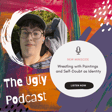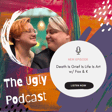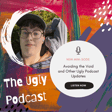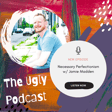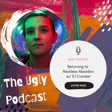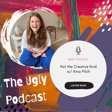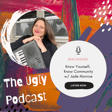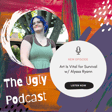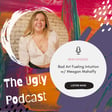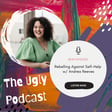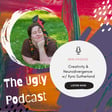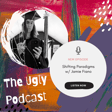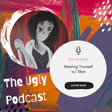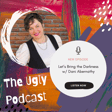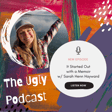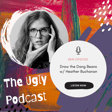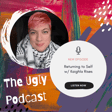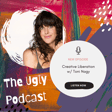
Journaling & Legacy w/ Merle Saferstein
On today’s episode, I’m joined by Merle Saferstein, writer, journaler, and legacy work educator. Together we talk about the joys of journaling, how it’s useful to get to know ourselves, process our messy feelings, and consider new perspectives as we navigate our relationships and worries. We also talk about Merle’s work as a legacy educator and how she helps people live more intentionally by asking them to live out the legacy they want to leave behind. Merle has been journaling since 1974, and for fourteen years, she culled through her 359 journals taking excerpts according to approximately seventy topics. In June 2022, Living and Leaving My Legacy, Vol. 1, a book containing eleven of these topics, was released. The second volume will be published this month on June 20.
As the director of educational outreach at the Holocaust Documentation and Education Center for twenty-six years, Merle worked closely with hundreds of Holocaust survivors helping them to pass along their Legacy of Remembrance to hundreds of thousands of students and teachers. When she retired from the Holocaust Center, she developed a course entitled Living and Leaving Your Legacy® and teaches and speaks to audiences locally, nationally, and internationally.
You can get in touch with Merle at merlersaferstein.com and you can find her books on Amazon!
References:
Gateless Writing

